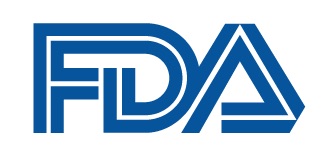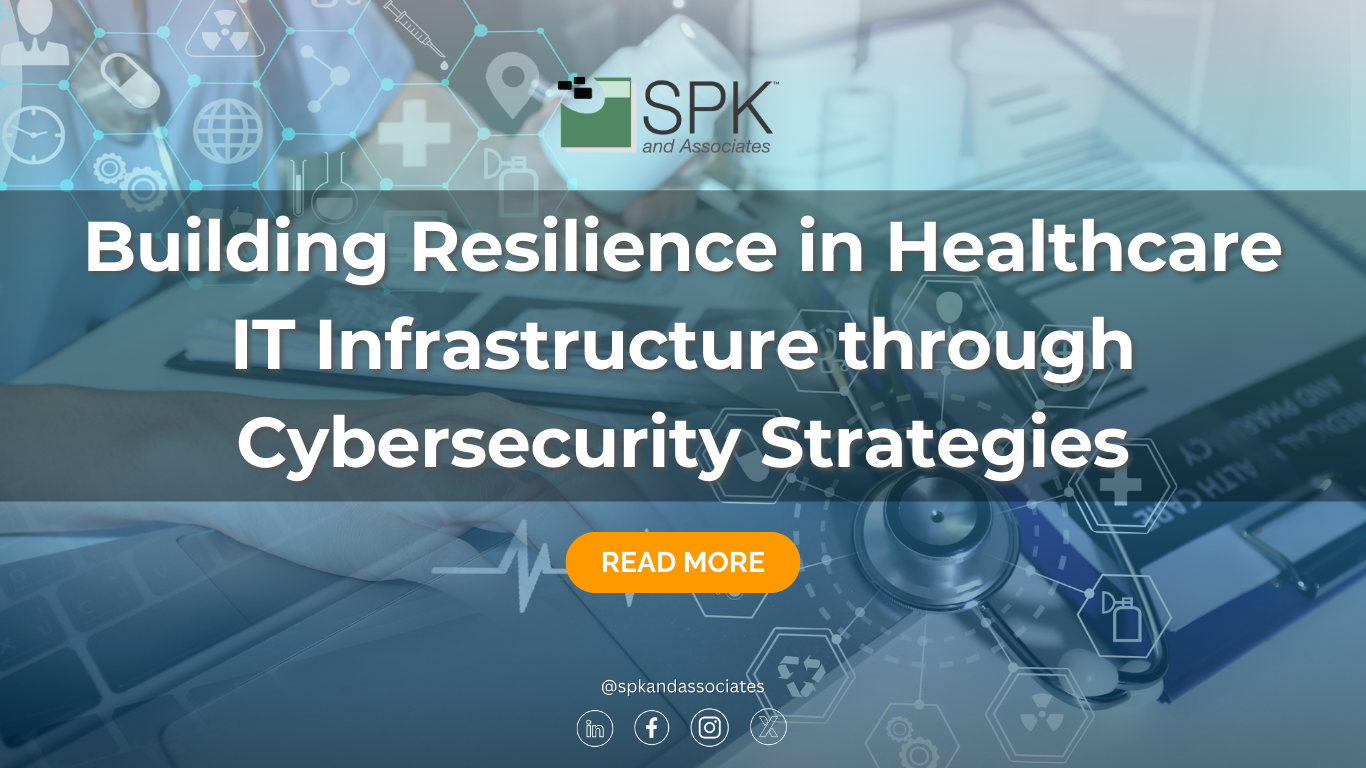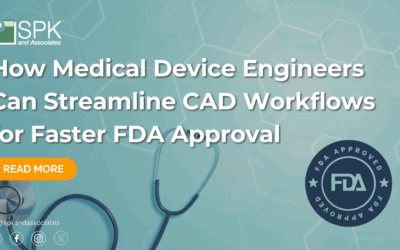Cybersecurity is important in every industry but is especially vital in healthcare. Safety, compliance, and data protection become more important than ever. With cyber attacks on the rise, protecting sensitive patient data has become a main priority. Let’s explore the importance of cybersecurity in healthcare and how organizations like SPK can ensure this protection.
Importance of Cybersecurity in the Healthcare and Medical Device Industries
When working with sensitive information, there are many rules you must abide by to keep patient data safe. Electronic health records are often targets of cybercriminals due to the extensive amount of information included in them. Protecting this data from criminals can prevent identity theft and medical fraud. Healthcare professionals must also abide by HIPAA, which mandates strict security measures to protect patient information. When it comes to medical device manufacturing, the FDA requires manufacturers to implement cybersecurity measures throughout the product lifecycle. This ensures the safety and effectiveness of their devices.

In addition to this, many medical devices such as pacemakers are connected to networks that could jeopardize patient safety if attacked. Healthcare operations can also be disrupted by attacks, causing delayed or compromised care. The healthcare industry is often targeted by sophisticated attacks like ransomware, leading to locked-down systems. Protecting against these threats not only leads to the protection of intellectual property, but it creates trust with patients and partners by ensuring data integrity.
Impact of Cyber Attacks
When a hospital gets hit with a cyber attack, it can lead to weeks of recovery time. Lurie Children’s Hospital in Chicago endured a ransomware attack earlier this year and the impacts were long-lasting. All email, phone, and electronic systems remained offline for weeks. Their first line of action was calling law enforcement to report the attack. They then limited their email system to only send or receive emails from Lurie Children’s email addresses. In addition to this, they prevented outbound internet traffic and only received external phone calls from its call center. The call center was set up to address patient concerns regarding the cyber attack and to direct patients with appointments to operate as usual. Onsite care continued despite the EHR system being offline.

This example is not the only cyber attack against a hospital in recent years. Ardent Health Services was targeted in November of 2023. They were forced to take their network offline and divert ambulances, impacting 30 hospitals and 200 care sites. Just last August Prospect Medical Holdings, a multi-state healthcare system, also suffered a ransomware attack leading to a systemwide outage. In 2022, the FBI revealed there was a cyber attack against Boston Children’s Hospital in June of 2021. Fortunately, they were able to stop the hackers before any damage was caused. While attacks against hospitals gain more attention from law enforcement, ransomware gangs are still going after them. Attacking data we cannot go without gives them the highest chance of receiving payment.
How SPK Utilizes Cybersecurity in the Medical and Healthcare Industry
Preventing Cyber Attacks
Preventing cyber attacks can be tricky, but with the help of SPK’s experts, you can ensure the correct measures are taken to protect all digital assets. SPK has years of experience conducting risk assessments to identify threats. Our experts can develop and implement strategies to mitigate risks. These strategies may include encryption, access controls, and higher levels of network security. Data encryption ensures sensitive health information and patient data are protected from unauthorized access.

In addition to risk assessment, SPK can design and implement secure network architectures. These networks are designed to protect medical devices and healthcare IT systems from cyber threats. Furthermore, we can safeguard medical devices and computers from ransomware and other threats by deploying endpoint protection solutions. In addition to secure networks, we also ensure secure data storage that complies with industry standards.



Compliance and Training
SPK ensures healthcare professionals comply with HIPAA, adding an extra layer of protection for sensitive patient data. In addition to this, we help medical device companies meet cybersecurity FDA and ISO guidelines. We also help healthcare organizations establish incident response plans to quickly detect, respond, and recover if a cyber security incident occurs. We have the information to educate staff and encourage cybersecurity training programs to ensure healthcare employees are knowledgeable about potential risks.
Implementing Security Solutions
SPK has many technology partnerships allowing us to not only recommend but also implement security and software tools designed specifically for the healthcare industry. We can also utilize vulnerability management solutions to continuously monitor and remediate security weaknesses in medical devices and healthcare IT systems. Lastly, our experts can assess the cybersecurity practices of third-party vendors to ensure that they meet the necessary security standards. If they do not comply, this may introduce risks to the healthcare organization. SPK understands the necessity of security for every industry, especially in healthcare. We aim to implement security into every aspect from medical device manufacturing to keeping patient data safe.
Implementing Cybersecurity in the Medical Industry
If you work in the medical device or healthcare industries and want to ensure security, reach out to our experts. Together we can combine our industry-specific knowledge with cybersecurity practices to achieve the best protection for your data.






